标签:pairs via statement rap square short www. name fast
https://github.com/SSQ/Coursera-Stanford-Algorithms-Specialization
03/14/2019 Last few days:
https://www.youtube.com/playlist?list=PLXFMmlk03Dt5EMI2s2WQBsLsZl7A5HEK6
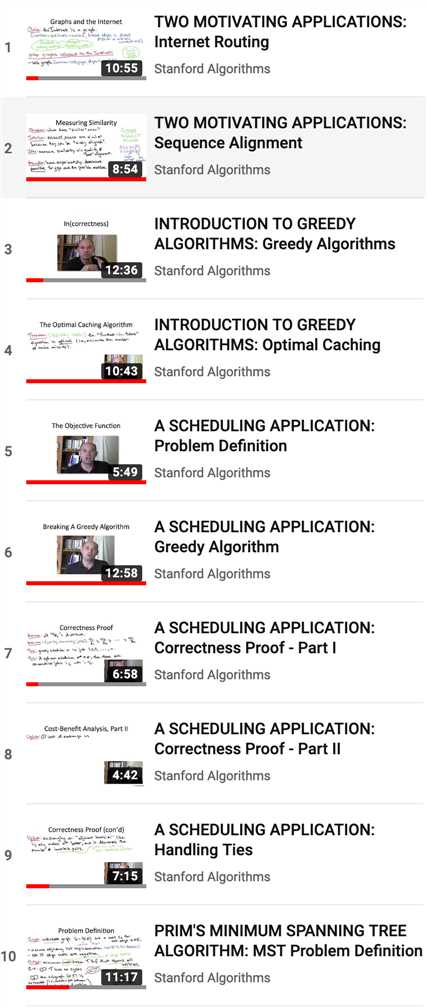
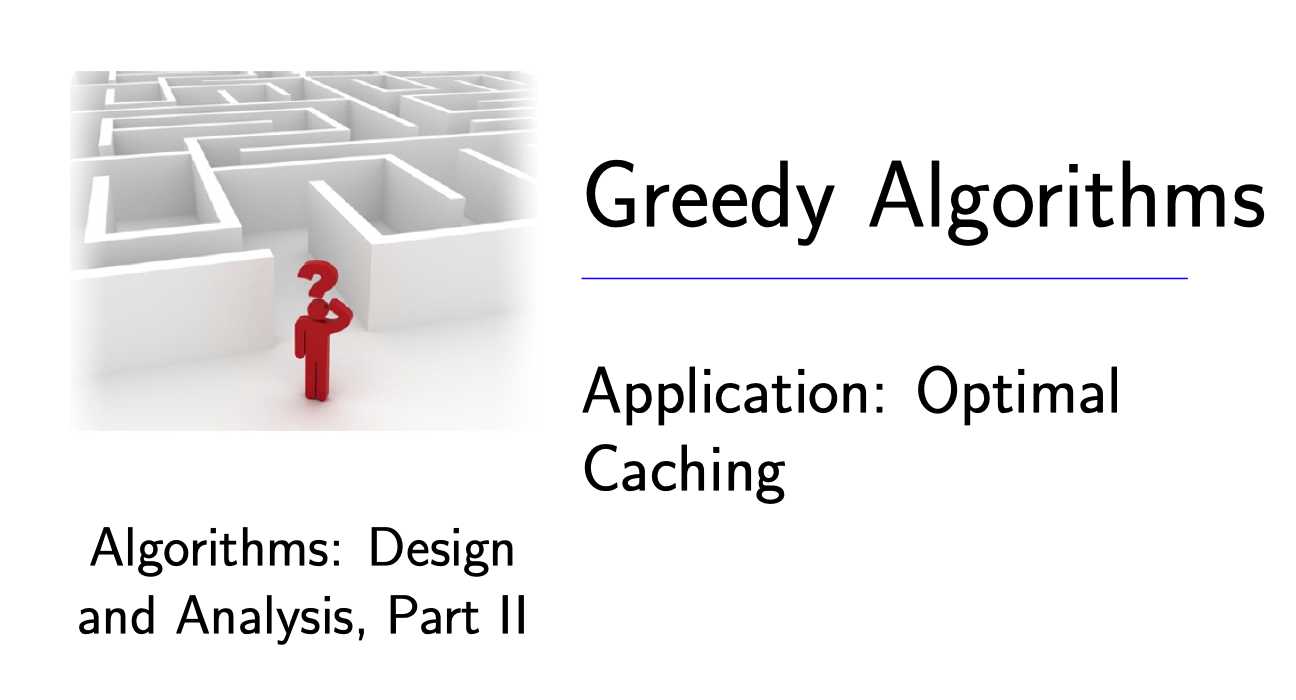
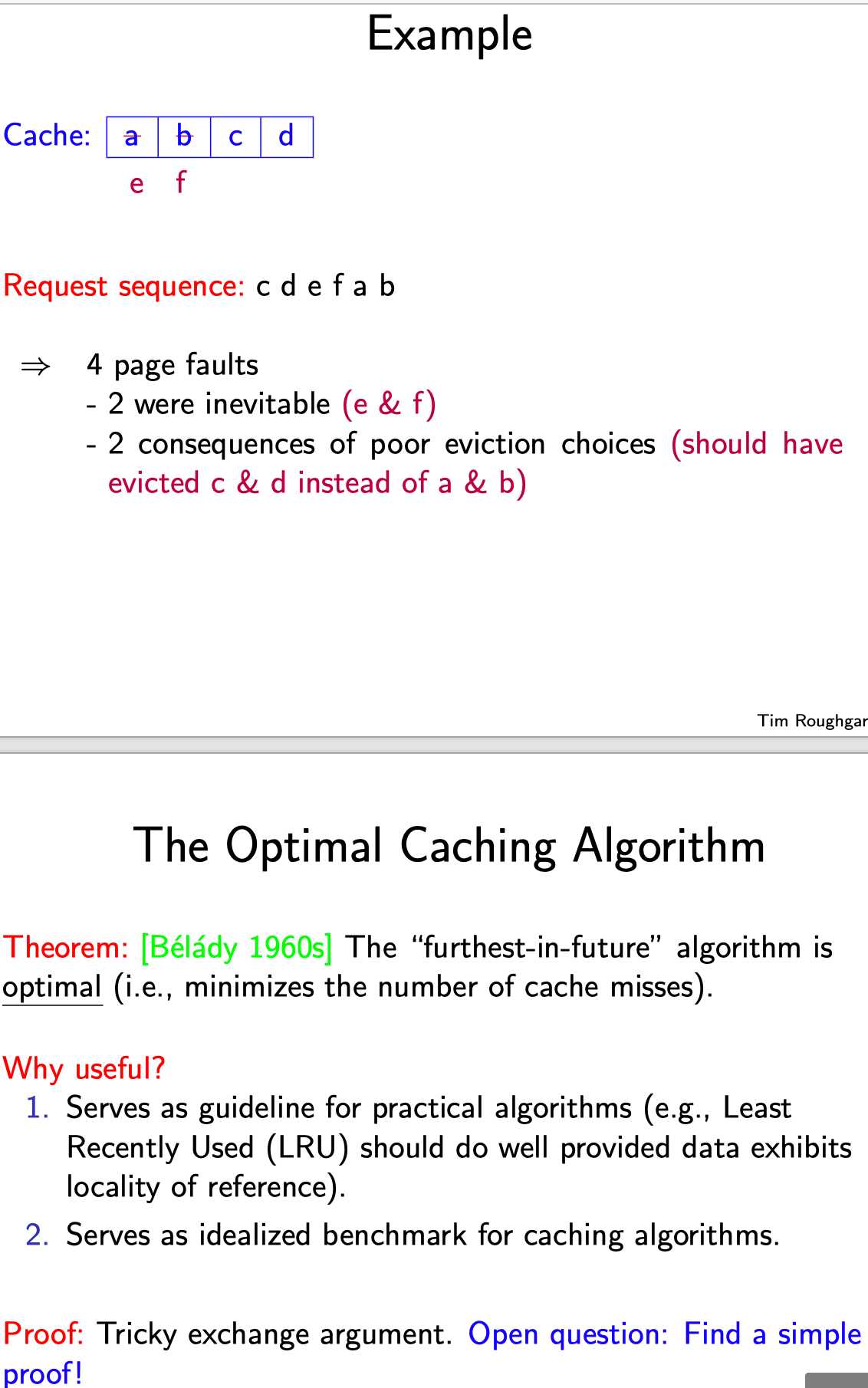
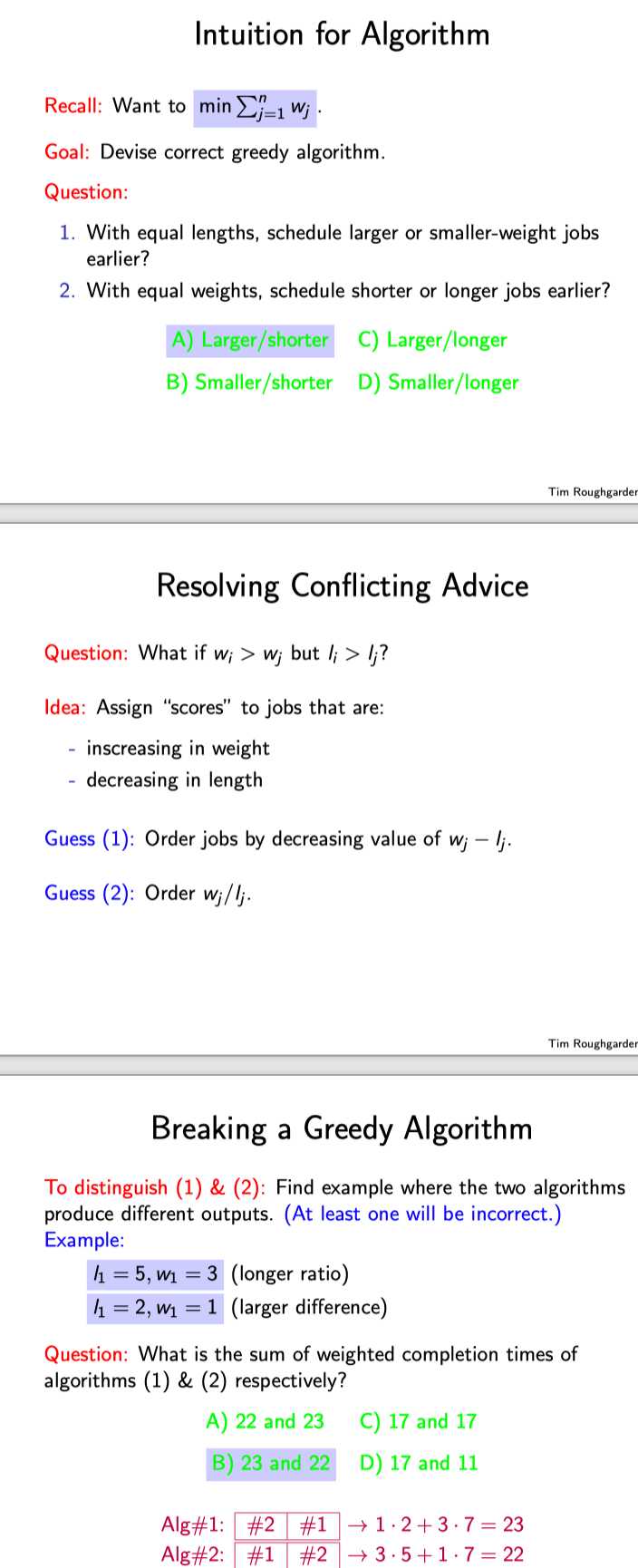
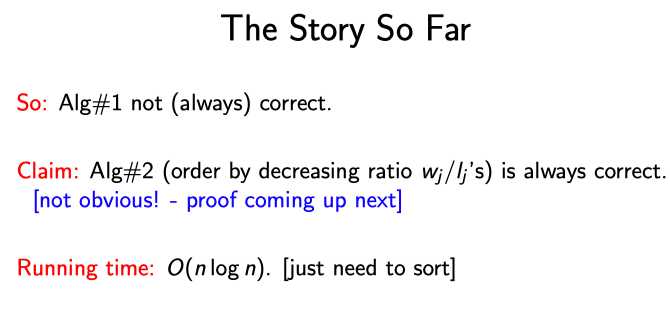
Minimum spanning tree:
https://www.cnblogs.com/infroad/p/9245794.html
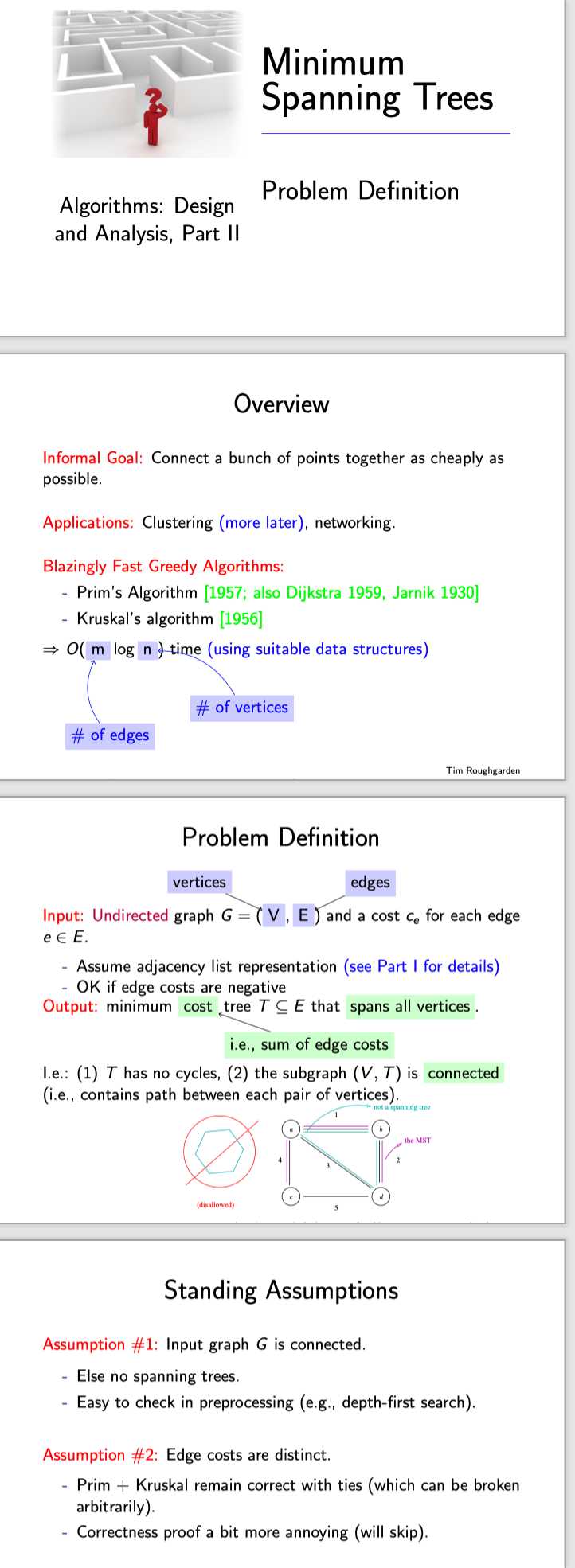

[Stanford Algorithms: Design and Analysis, Part 2]
标签:pairs via statement rap square short www. name fast
原文地址:https://www.cnblogs.com/ecoflex/p/10534706.html